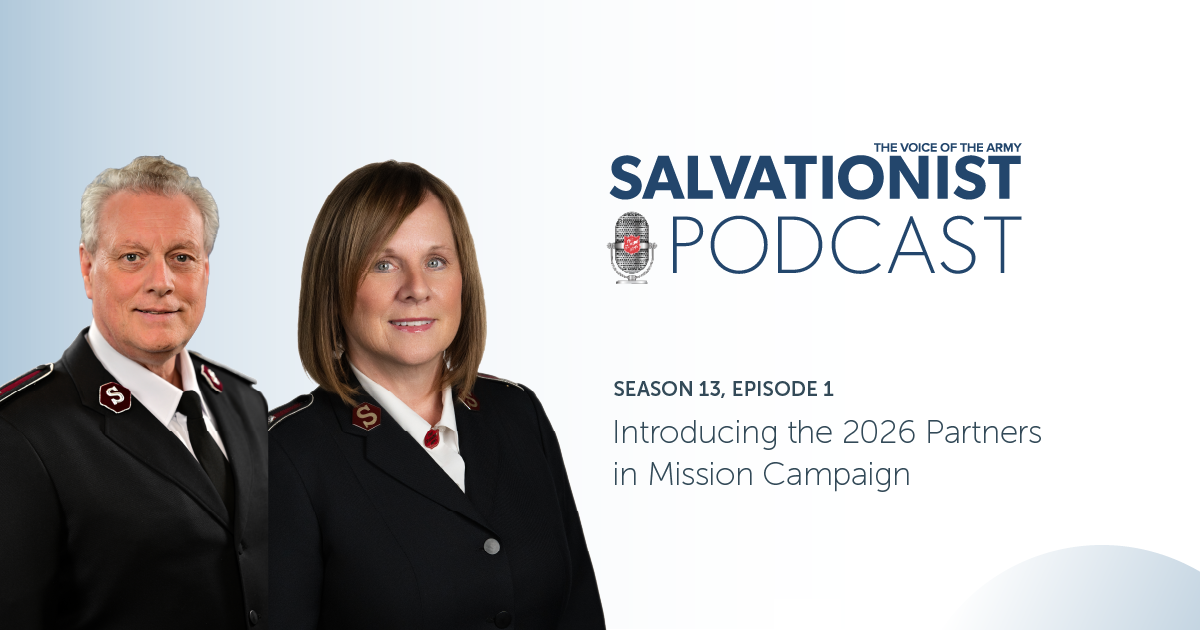 Believe it or not, Christians owe a lot to heretics. The word “heresy” comes from a Greek word meaning “choice.” A heretic is someone who chooses to believe something that is in contradiction to official church doctrine. But church doctrine has developed gradually over time, and some of the most important doctrinal developments were made precisely in order to exclude particular heresies.
Believe it or not, Christians owe a lot to heretics. The word “heresy” comes from a Greek word meaning “choice.” A heretic is someone who chooses to believe something that is in contradiction to official church doctrine. But church doctrine has developed gradually over time, and some of the most important doctrinal developments were made precisely in order to exclude particular heresies.
Christian doctrine is like a set of rules that help us to faithfully proclaim the gospel. Doctrine sets up boundary markers that tell us when our teaching is on safe ground, and when we're “out of bounds.” If everyone always stayed on safe ground, we wouldn't need the boundary markers! Sometimes the boundaries of faithful Christian teaching are identified specifically because someone has wandered “out of bounds.”
For example, in the 2nd century, Marcion was a popular teacher who rejected the Old Testament and issued his own “canon” of scripture, which included only 10 of Paul's letters and part of Luke's Gospel. The problem was that Christians had not yet established an official list of biblical books. Of course, orthodox Christians knew which Scriptures were authentic, because they used them regularly in worship and as standards of teaching. But thanks to Marcion's errors, orthodox Christians were forced to begin the process of making a clear list of accepted biblical books. In the process, Marcion officially became a heretic.
Why should we worry about this today, since heretics like Marcion have already been dealt with centuries ago? Are Marcion's ideas still a threat to the gospel?
Knowing the history of heresy is important because heresies have a habit of cropping up again and again, sometimes in less obvious forms. Some psychologists argue that otherwise mentally healthy people struggle with so-called “shadow disorders”—mild forms of serious mental illnesses that show up in subtle ways most of us wouldn't even recognize. Knowing the history of heresy will help us to identify the “shadow heresies” that may crop up in our own thinking and teaching from time to time.
For example, the Old Testament is virtually ignored in many Christian pulpits. The lack of Old Testament preaching and teaching could give the impression that it is not authoritative for Christians today. This doesn't mean the contemporary church is full of Marcionites. But revisiting the story of Marcion should remind us to emphasize the continuity between the two Testaments, and the unity of God's purpose from Genesis to Revelation.
The example of Marcion also shows how heresy is not merely an “academic” issue. Heresies can affect how we proclaim and live out the gospel message. Heresy is serious, and we should take it seriously.
On the other hand, we shouldn't be overzealous about hunting for heretics. We need to remember that, in the past, many people were falsely accused of being heretics, and they often faced severe consequences.
Thankfully, we no longer burn suspected heretics at the stake. We have learned that it is possible to disagree on many issues without compromising the gospel message. Within the orthodox Christian faith, there are many legiti-mate theological perspectives. Wesleyans disagree with Calvinists about the nature of human freedom, but we don't consider Calvinists to be heretics. And we certainly wouldn't want Calvinists to call us heretics!
The English reformer Richard Hooker offers a wise warning on this subject: “Let us beware, lest if we make too many ways of denying Christ, we scarce leave any way for ourselves truly and soundly to confess him.”
So, we need to be keenly aware of the dangers of heresy, but this awareness shouldn't leave us paranoid. The early Salvationists had this balance of concerns in mind when they established the Army's doctrines. By limiting the doctrines to 11 articles of faith, they created a clear standard on essential matters of Christian faith, while leaving plenty of breathing room on questions of secondary importance.
Over the next five articles in this series, I will be reviewing five major heresies from the Early Church, and showing how the rejection of these heresies shaped Christianity's central beliefs about creation, the Trinity, Jesus and human sinfulness. I will also explore potential “shadow heresies” that may crop up in contemporary Christian thinking. Cultivating this awareness can help us to faithfully proclaim the gospel today.
James Pedlar is a doctoral student at Wycliffe College, in the Toronto School of Theology. He works part-time as assistant co-ordinator of faith and witness at the Canadian Council of Churches. Visit his blog at jamespedlar.wordpress.com.









Tough subject especially given how our country of birth, Century of birth, upbringing, education, family dynamics and significant friendships, temperaments and learning styles and intellectual capacity for thinking logically and intuitively, all shape out view of reality. Never mind choosing a Bible translation or a theological centre of higher learning, or learning Koine greek, Hebrew and even some old Syriac and Latin, the problem of knowing the meaning and intent of the Bible ( be ita protestant or Catholic or orthodox or Ethiopian canon) remains. We have a hard time figuring out what are the ESSENTIAL Christine doctrines and pratices. Try asking the theological leaders of say...the Salvation Army, Church of England, Reformed and Presbyterian church, the Greek Orthodox, the southern baptists, Lutherans and Pentacostals or Roman Catholic. Even if, if, if they agreed on say the Apostles Creed, they would interpret that very creed in very different ways. So who ends up being the heretic? What church council decides and What happens if the others don't agree with the pronouncement? Very tricky busines. So tricky that we go to war over it ( try the 30 year war for starters) and we have inquisitions and counter inquisitions. It is a very sad and tragic business trying to figure out what part of the Church is listening and obeying the Holy Spirit and who is not. God alone knows this stuff and how important it is. Meanwhile, here on earth we get to keep calling all the people who disagree with us, who don't see things out way, we still label them " HERETICS". Small case in point, when R.C.Sproule ( from a strong Reformed tradition) was asked his opinion about N.T. Wright (from a Catholic Anglican tradition) regarding the teaching of the apostle Paul and justification, R.C. Sprouts hesitated but for a moment before declaring him a HERETIC ( No not Paul, Dr. Wright) Perhaps this might be a warning to others who have so systmatized organized and categorized their Christian understanding that everybody else is just plain wrong. Time to get out the stake, the wood and the incinerant once again.